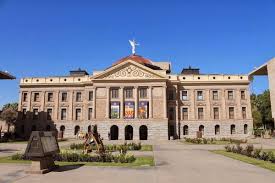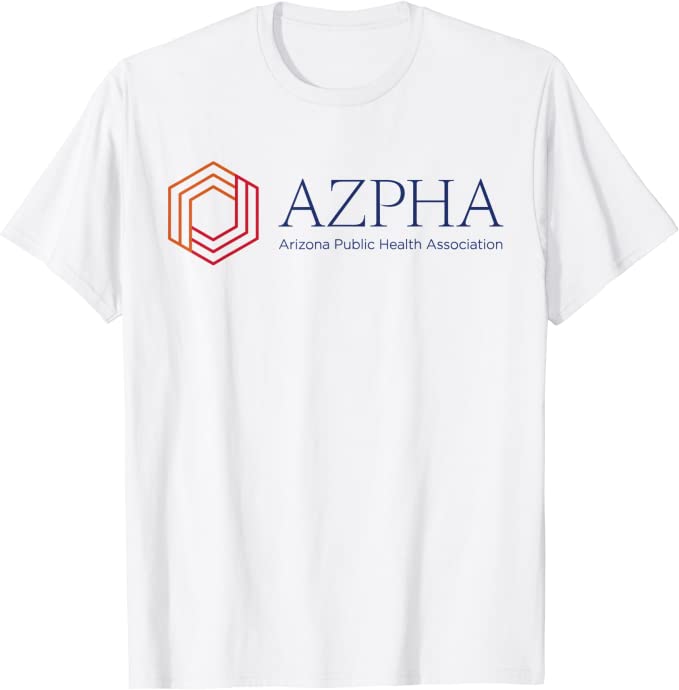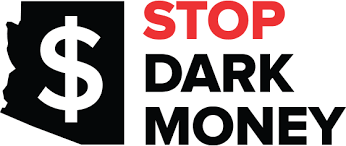Last week the Pima County Board of Supervisors voted to adopt a resolution that says the County’s support for the provision of reproductive health care and family planning services in the County and the state. It also advocates for continued access to abortion services in the County as a matter of public health.
“Abortion is healthcare. This resolution positively asserts that fact and says our Health Department will continue to aid Pima County families in their reproductive health and family planning needs,” said Board of Supervisors Chair Sharon Bronson, who brought the resolution to the Board for consideration. “While state law prohibits the County from providing full reproductive health services such as abortion, we’re not prevented from providing other services or accurate information about sexual and reproductive health.”
Bronson said Resolution 2022-40 is a reaction by the board to the June 24 Dobbs v. Jackson decision by the U.S. Supreme Court that eliminated the right to an abortion established by the court’s Roe v. Wade decision in 1973.
The Resolution states, “Abortion is a vital health care service that has been legal and safe in the United States for nearly 50 years. Access to legal, safe abortion, and comprehensive sexual and reproductive health more broadly, are critical to protecting and supporting the public’s health. The Supreme Court’s decision ends this basic right of safe access to appropriate health care for too many women and families in this country.”
The Resolution directs the County Administrator to:
- Ensure the Health Department provides a broad range of legal reproductive health services;
- Bring together community health care providers for the planning and delivery of reproductive care in the County;
- Work with partners in the County, state, and nation to issue accurate information about sexual and reproductive health, and to advocate for evidence-based reproductive health care, including abortion.
To aid County residents seeking reproductive health care, the Health Department last week launched a webpage that aggregates all of the reproductive and family planning services provided by the County.




